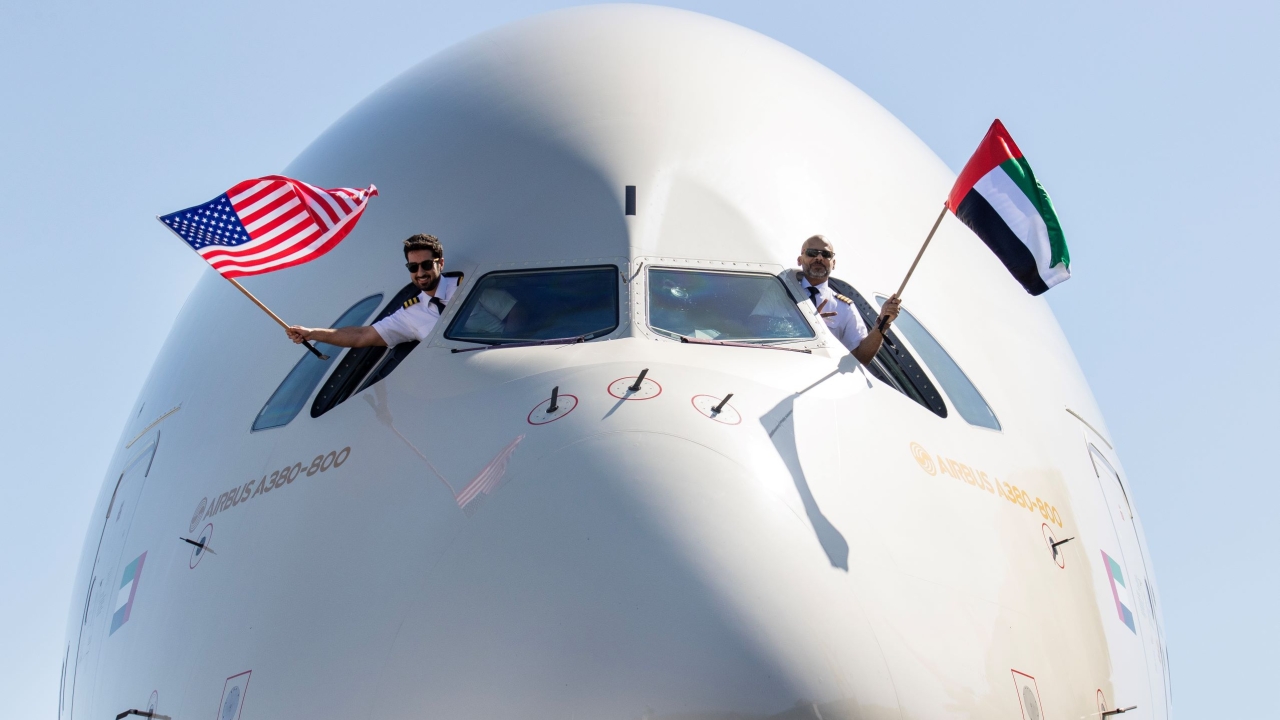The UAE adopts holistic urban mobility approach

"There is evidence that the UAE is addressing critical mobility issues that have surfaced throughout the past few months," said Anshu Vats from Oliver Wyman. Image: Oliver Wyman
The Index highlights how countries are amending their urban mobility strategies which have become essential to mitigating and adapting to the economic and societal implications of the global pandemic COVID-19.
Anshu Vats, senior partner and Global Public Sector and Policy Practice Lead at Oliver Wyman, said: “There is evidence that the UAE is addressing critical mobility issues that have surfaced throughout the past few months. Such progress has allowed the UAE to maintain its position as one of the leading countries in urban mobility in the region.
Analysed across 43 metrics, including regulation, infrastructure, social impact, and the ability to adapt future technologies, the index brings to light some of the key strengths and challenges of Dubai and Abu Dhabi’s urban mobility strategies.
The rise of Urban Air Mobility
The index highlighted Dubai’s efforts to remain one of the leading countries in urban mobility, gaining momentum with increased interest geared towards the creation of accessible, resilient and communicative cities. According to the index, some strides taken by the city include significant investments in urban air mobility, like testing air taxis and drones. The growth of the air mobility industry will contribute to the development of environmentally friendly industrial solutions and offer Dubai a unique mix of multimodal transportation systems. Other strengths include Dubai’s increased efforts to provide timely information about its multimodal transportation network. The city also maintains an integrated application as a core pillar of its smart city program.
Safe and secure road networks
Abu Dhabi, meanwhile, has been acclaimed for its road system. According to the index, Abu Dhabi’s roads offer some of the UAE’s highest quality, well-connected road networks and have the capacity to support current demand with little traffic. Abu Dhabi is also noted for its extensive camera network and strict enforcement of traffic laws. Embracing safety and citizen well-being, the city is implementing a speed management strategy to further curb road traffic accidents in the Emirate.
The Urban Mobility Index was launched at a virtual event titled “The Future of Urban Mobility” which featured discussions among global leaders from industry, technology, academia, finance, and non-governmental organizations on ways to address the complex challenges posed by the global mobility revolution.
Anshu Vats added, “In the UAE, there needs to be greater consideration directed towards the creation of international transportation systems and multimodal transportation – especially high speed trains. As emerging cities, urban mobility planning will allow them to attract the citizens they want, whilst also positioning themselves within the global community.”
Stay up to date
Subscribe to the free Times Aerospace newsletter and receive the latest content every week. We'll never share your email address.

